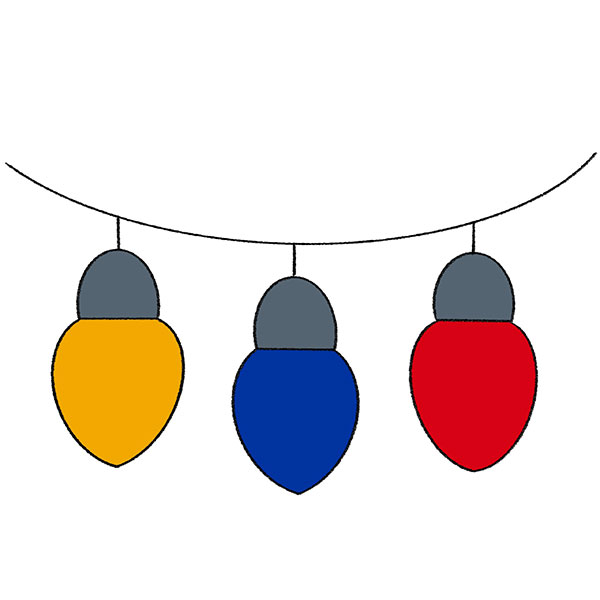How to Draw an Anime Ear
Today you will learn how to draw an anime ear. I promise that this guide will be simple and useful for you!
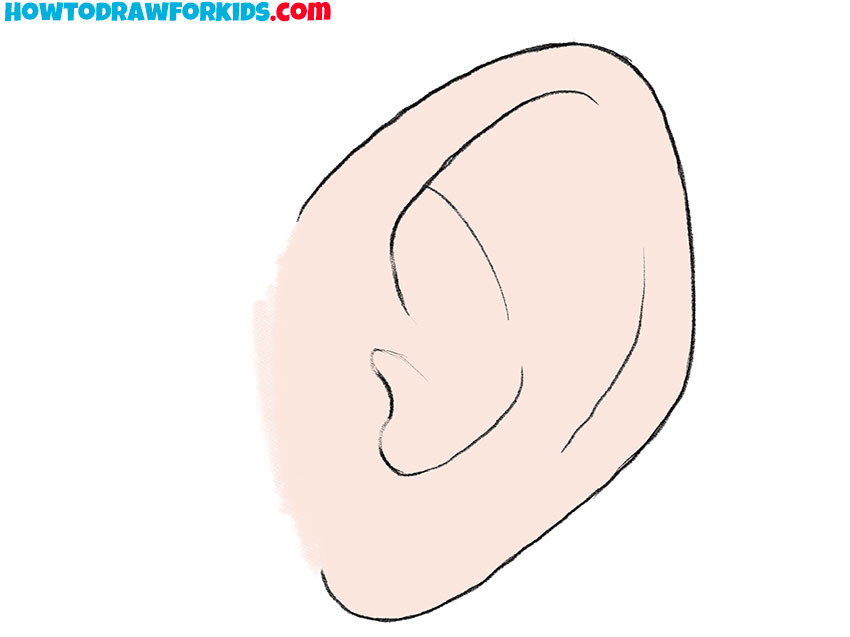
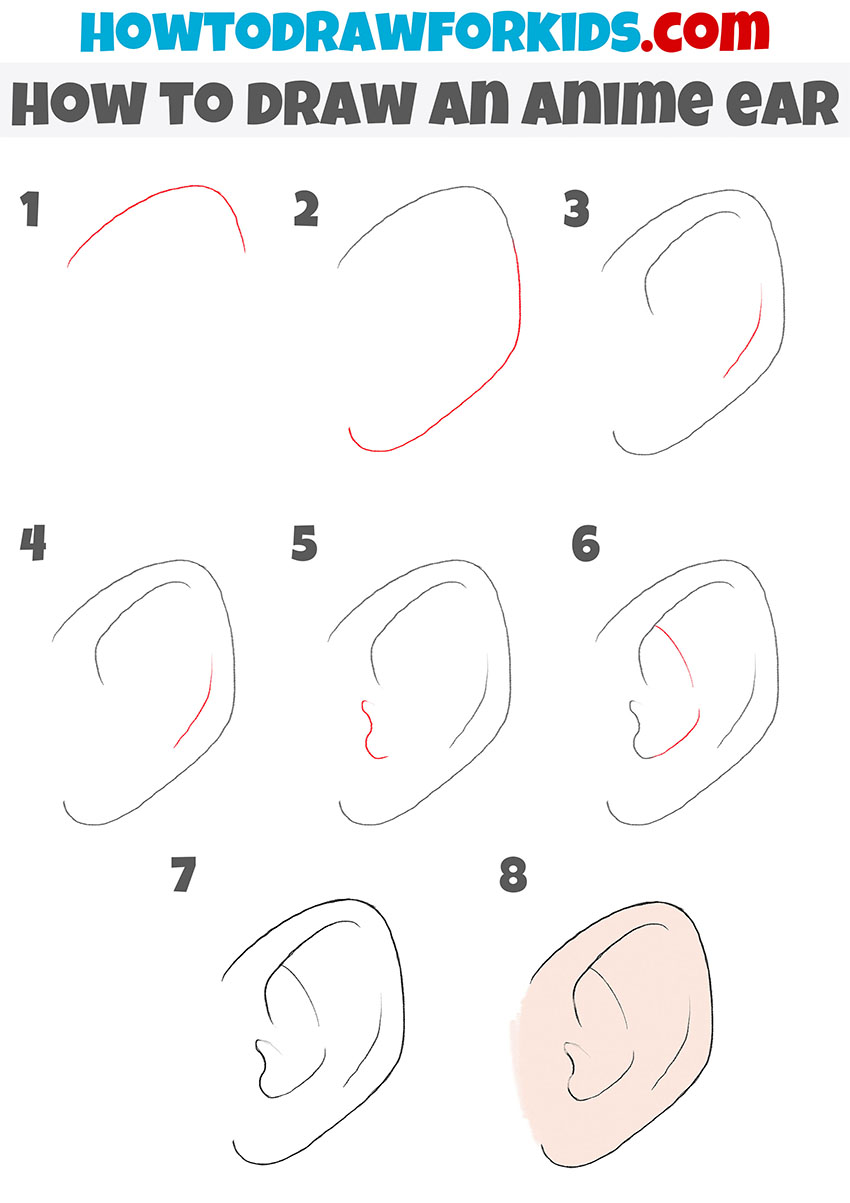
In this tutorial I will show you how to draw an anime ear. Japanese animation is loved not only by children, but also by teenagers and adults, and many anime fans are far from Japan.
Anime has many genres, storylines can be very diverse. Anime has its own characteristics of drawing characters and backgrounds. Very often, the facial features of the characters and the structure of the body look very realistic. In anime, great attention is paid to detail, so many objects are carefully drawn.
In this lesson you will draw one small element – the human ear. The acquired skills will be useful to you in the future when you want to draw an anime character in full or when you want to draw any person. The ear has a standard rounded shape and looks very realistic.
Drawing such an object is easy and interesting. This step by step guide will help you quickly and accurately draw an ear. Remember the sequence of steps in order to successfully apply these skills in your subsequent drawings.
Materials
- Pencil
- Paper
- Eraser
- Coloring supplies
Time needed: 25 minutes
How to Draw an Anime Ear
- Draw the top.
Determine the size of the ear and draw a smooth arc.

- Add the rest of the outline.
Sketch out a smooth curved line.

- Depict the curve of the ear at the top.
At this stage, draw a curved line at the top.
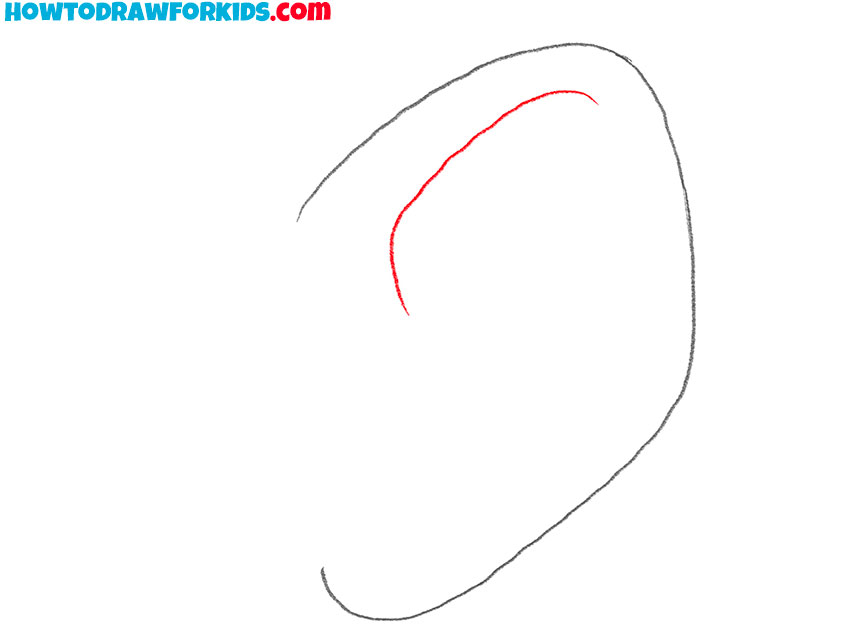
- Add a curve in the middle part of the anime ear.
To do this, you need to sketch out a curved line.
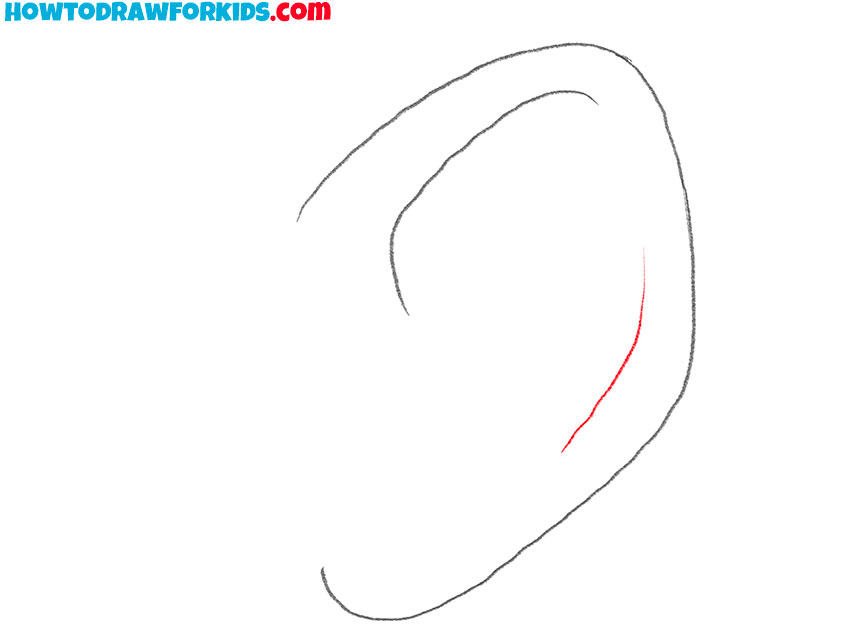
- Depict the bump near the inner hole.
Draw a wavy line in the same shape as in the example.
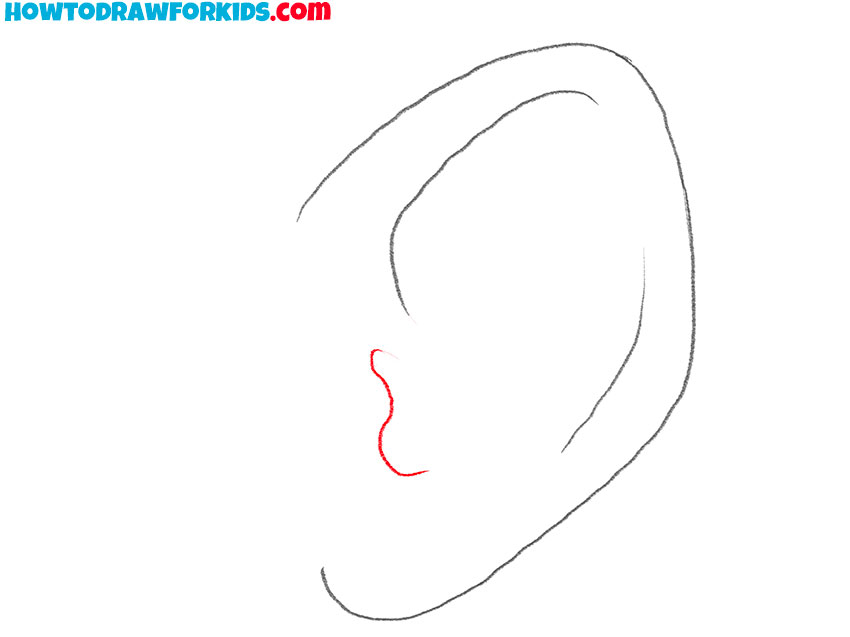
- Draw the inner outline of the anime ear.
Depict two smooth lines in the middle part of the ear.
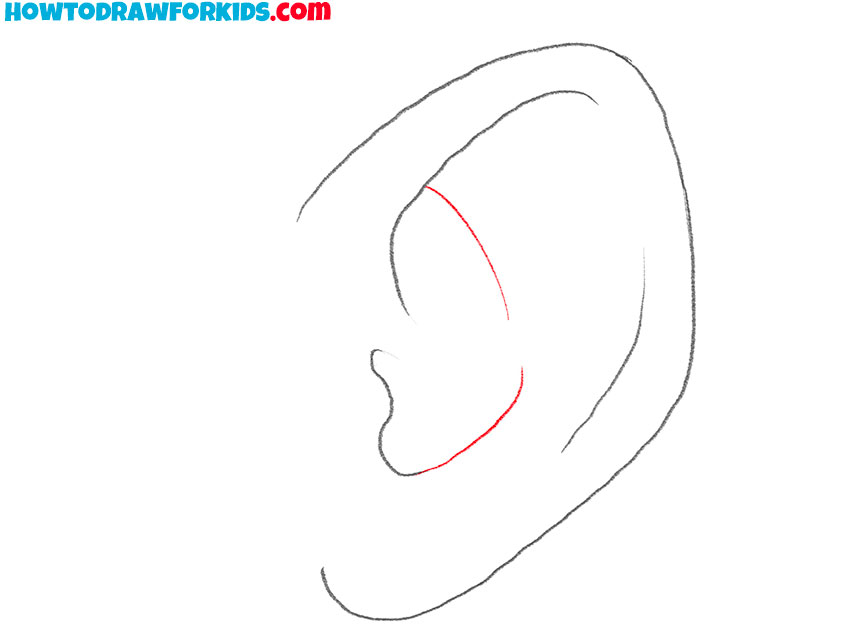
- Add details.
Circle all the outer edges of the anime ear.
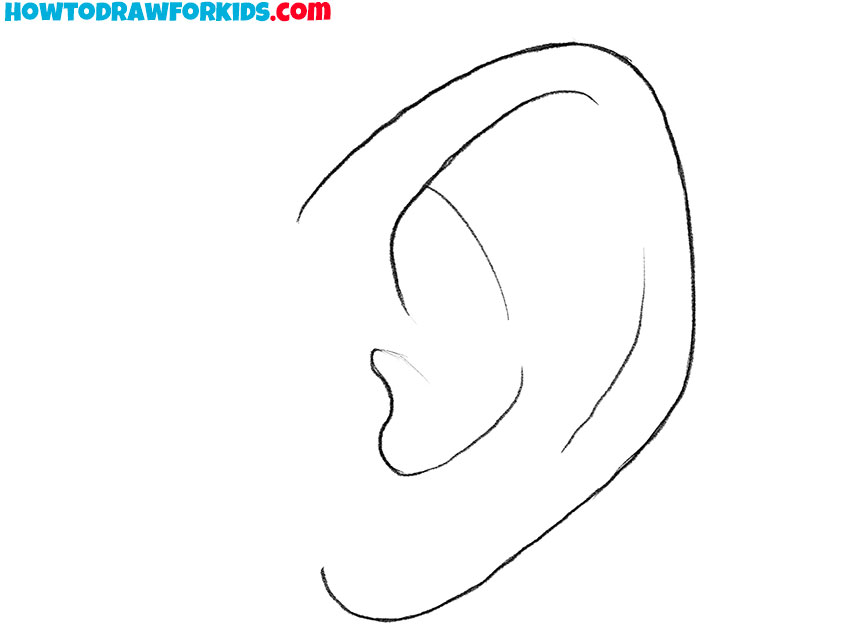
- Color the drawing.
Use light pink or beige.

Keep in mind that each person has an individual ear structure and keep these features in mind when drawing characters or real people in the future.
You now have the option to download a PDF of the short version of this guide. Save this file and use as needed.






